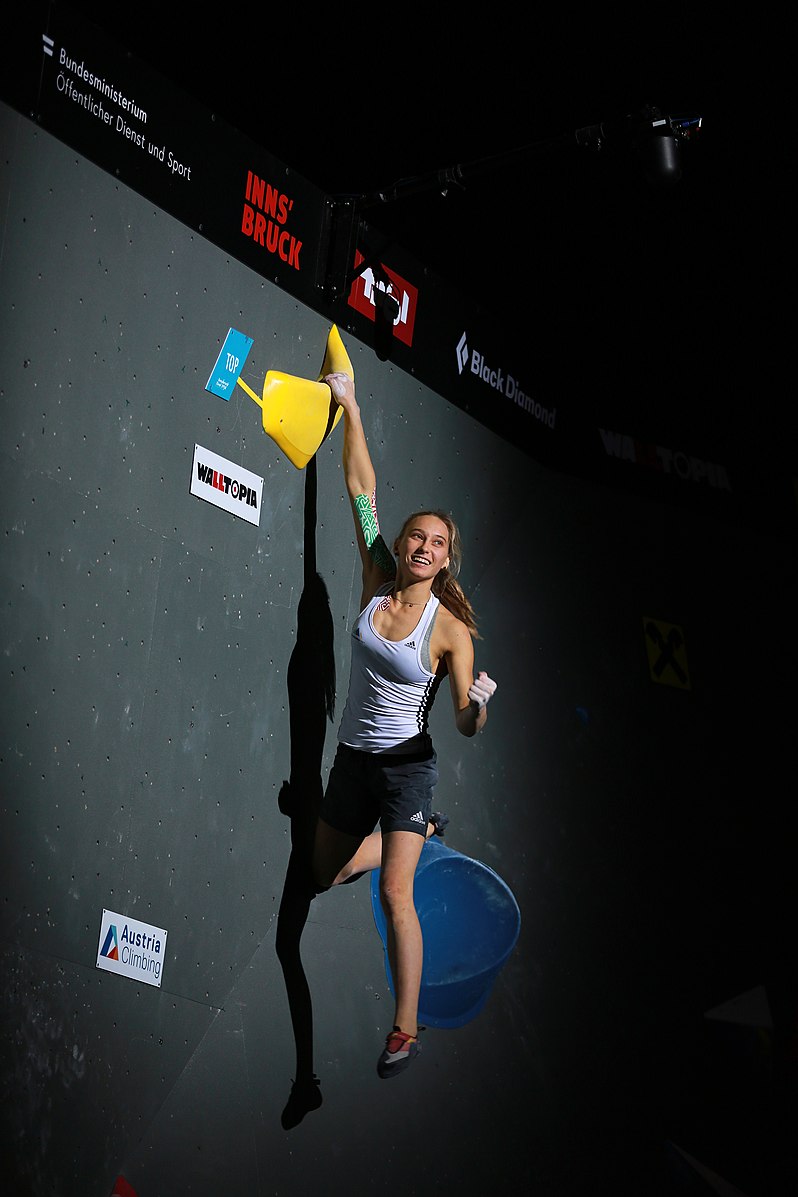6 Tips to Overcome Self-Doubt and Become a Better Climber
"Positive action combined with positive thinking results in success."
-Shiv Khera
One thing that most professional climbers have in common is very optimistic self-belief. They believe they can climb any boulder put in front of them in four minutes. They believe they can tweak their training to push their already peak physical capabilities further. They believe they can be the best in their city, in their country, in the world.
Most of us will never be, and never want to be, professional athletes. But most of us DO want to continue to progress and push the boundaries of our own abilities. And the first step is belief.
What if you believe you can climb that 5.12 at the gym?
What if you believe you can boulder with the “strong” climbers?
What if you believe you can overcome that fear of falling on lead?
What if you believe you can?
What if.. what if... what if…
Ok, but how do you stop the self-doubt and start believing in your ability to achieve?
Challenge yourself, but start small. We all need to get out of our comfort zones. Climbing the same grade because you know you will succeed or the same style of route will never make you a better climber. You know the old adage about how insanity is doing the same thing over and over and expecting different results? Yep, that applies. Here are a few practical tips that will make you a stronger climber, physically and mentally:
1) Mix up your climbing group. Climbing with new people will change the way you see a route or problem and you’ll inevitably learn new techniques. Plus, the community is one of the best parts of climbing. Climb with someone who is stronger than you. Stronger climbers can be a lot of help with understanding challenging moves and sequences. Don’t forget that almost every strong climber has been a weak climber at some point. There’s no judgment.
2) Trust your gear. Get some gear that you can count on. If you're trying to make precise foot placements on blown-out shoes, it's hard to trust your feet. Likewise, if you're climbing with a hand-me-down rope or harness it's hard to take the falls that come with maximum effort. Invest in some gear that you have confidence in.
3) Break down your climbing project into manageable bits. Think about every foot position and hand sequence. What are the moves that are shutting you down? Where do you need to try the hardest and where can you catch a breath to recover? Be able to visualize every move.
4) Start training based on your weaknesses. If you are strong on jugs, but struggling with crimps; start working on finger strength. If small holds are no problem, but big open hand positions are super hard; work on your pinch and shoulder strength.
5) Take time for injury prevention. Go to a yoga class or pick up some recovery tools. Most of us could use a little more mobility in our lives and in our climbing. Find a local class that you can fit into your regular routine.
6) Try something new. Learn a new skill. Learn to lead climb. Take your friend up on that invitation to climb outside. We limit ourselves all the time by thinking we’re not boulderers or not sport climbers, or not good enough to train, etc.
If you don’t feel like you’re ready to self-analyze or just want some more guidance, pick up a training guide or work with a coach. Many climbing gyms offer one-on-one sessions to help you achieve your goals. You’ll see gains in strength and confidence after just a few sessions.
Lastly and most importantly, stop the self-doubt, limiting beliefs, and DO THE THING.

